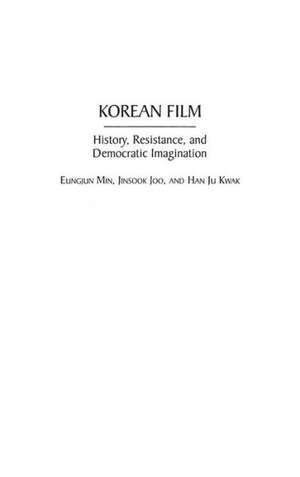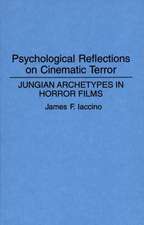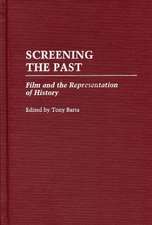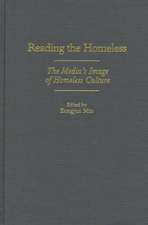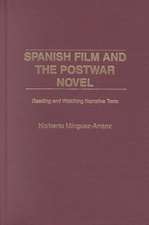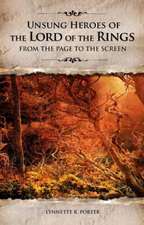Korean Film: History, Resistance, and Democratic Imagination
Autor Eungjun Min, Jinsook Joo, Han Ju Kwaken Limba Engleză Hardback – 29 apr 2003 – vârsta până la 17 ani
Preț: 460.83 lei
Preț vechi: 608.29 lei
-24% Nou
Puncte Express: 691
Preț estimativ în valută:
88.22€ • 90.78$ • 74.36£
88.22€ • 90.78$ • 74.36£
Carte tipărită la comandă
Livrare economică 28 februarie-14 martie
Preluare comenzi: 021 569.72.76
Specificații
ISBN-13: 9780275958114
ISBN-10: 0275958116
Pagini: 208
Dimensiuni: 156 x 235 x 21 mm
Greutate: 0.46 kg
Ediția:New.
Editura: Bloomsbury Publishing
Colecția Praeger
Locul publicării:New York, United States
ISBN-10: 0275958116
Pagini: 208
Dimensiuni: 156 x 235 x 21 mm
Greutate: 0.46 kg
Ediția:New.
Editura: Bloomsbury Publishing
Colecția Praeger
Locul publicării:New York, United States
Notă biografică
Eungjun Min is associate professor of communication at Rhode Island College.Jinsook Joo is professor of film studies at Chung-Ang University in Seoul, Korea. She is a producer of the documentary Keep the Vision Alive, an ethnography on Korean women filmmakers.Han Ju Kwak is an independent researcher. He is a PhD candidate in critical studies at the School of Cinema and Television at the University of Southern California.
Cuprins
PrefaceKorean Cinema: Philosophical Foundations and Theoretical FrameworksOppression, Liberation, Censorship, and Depression: History and Major Trends of Korean Cinema from the 1910s to the 1970sKorean National Cinema in the 1980s: Enlightenment, Political Struggle, Social Realism, and DefeatismAuteur Criticism: In Case of Sunwoo Jang's "Taste of Heaven"Discourses of Modernity and Postmodernity in Contemporary Korean CinemaHollywood Imagination, Foreign Films, and Korean Identity: Resistance, Assimilation, and ArticulationNew Korean Cinema: A Boom or a Renaissance?Index
Recenzii
The three Korean authors of this carefully researched, thoughtful book are well equipped to introduce their subject to English-speaking audiences. They approach the Korean film industry chronologically, conveying a sense of the continuing interrelationship between the history of the region and the growth and (sometimes) paralysis of its film industry. . . . The plot synopses, descriptions, and evaluations of many films should prove useful to readers with no opportunity to view the movies. The bibliography includes both English and Korean sources. Highly recommended. All collections; all levels.
[A] valuable new addition to the growing body of English-language scholarship on Korean cinema. . . . [O]riginal examples of (con)textual analysis of significant Korean films throughout are fascinating.
[A] valuable new addition to the growing body of English-language scholarship on Korean cinema. . . . [O]riginal examples of (con)textual analysis of significant Korean films throughout are fascinating.
